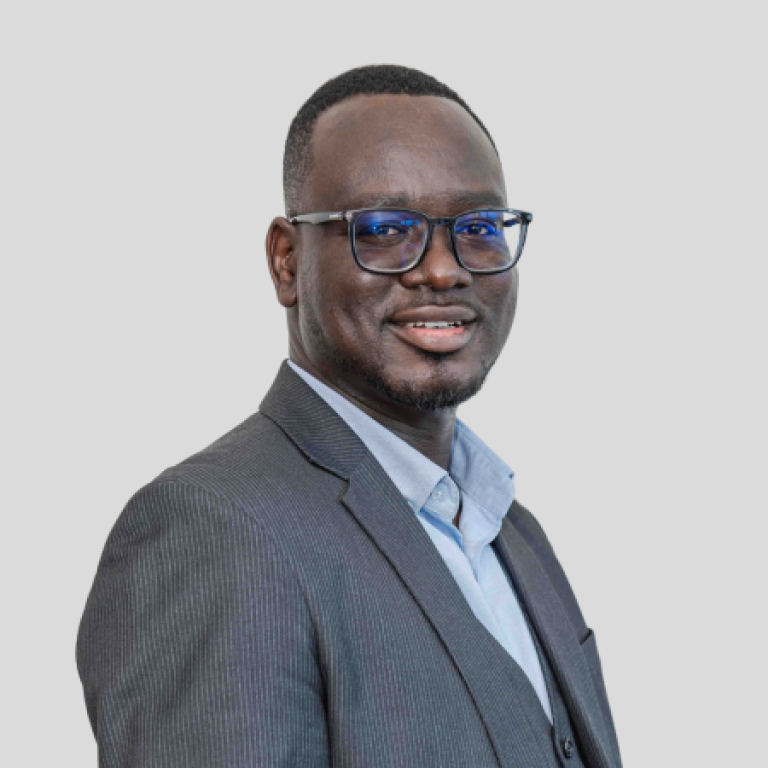Dr Frederick Wekesah
Project advisory group: senior
Dr Frederick Murunga Wekesah is a chronic disease epidemiologist who is currently researching child and adolescent mental health at the African Population and Health Research Center (APHRC), in Nairobi, Kenya. Frederick has extensive research experience from the conceptualization of research projects to evaluation and publishing, designing, and implementing scoping and systematic reviews, clinical trials, implementation research, and surveys. He applies mixed research methods to evaluate and implement public health interventions. He is a co-investigator on various research projects and has authored scientific publications in international peer-reviewed journals.
Frederick holds a PhD in Epidemiology from the University Medical Center Utrecht, Utrecht University, the Netherlands (2019), and a Master of Science degree in Medicine in Epidemiology and Biostatistics from the University of the Witwatersrand, South Africa (2010). He is a 2019 Bernard Lown Scholar in the Cardiovascular Health Program at Harvard T.H. Chan School of Public Health, Harvard University. Frederick is a leader, mentor, and trainer in health research, with strong people skills, facilitation
abilities, and effective communication.
Frederick has consistently supported the professional development of young people through structured mentorship and supervision in research projects. Over the past 15 years, he has identified talent, trained, and mentored youth to design and implement research initiatives, as well as engage in the analysis and interpretation of the findings. For example, he employed these approaches when involving youth researchers in a project that explored how young people in Kenya interacted with
mental health science.
Dr. Wekesah has designed and implemented interventions focused on youth mental health that utilize non-therapeutic and non-clinical approaches. These methods include cultivating inner development and nurturing positive character traits and values, such as gratitude, hope, and kindness, to promote mental well-being. Frederick has received training in using the relational wellbeing framework to identify drivers of youth mental health and design appropriate interventions, which he has applied in Kenya, Senegal, and Sierra Leone. He has also engaged young people in meaningful collaboration to co-create interventions that address their mental health needs.
Frederick strongly believes that young people should be empowered and facilitated to participate
actively in all stages of discussions about issues that affect them.
